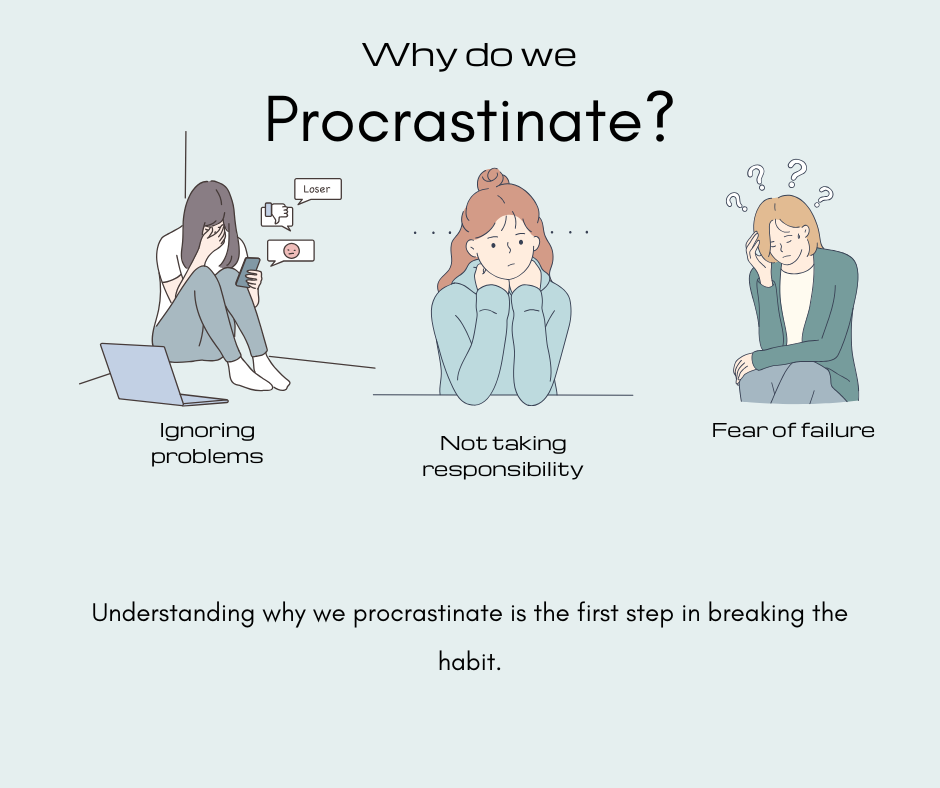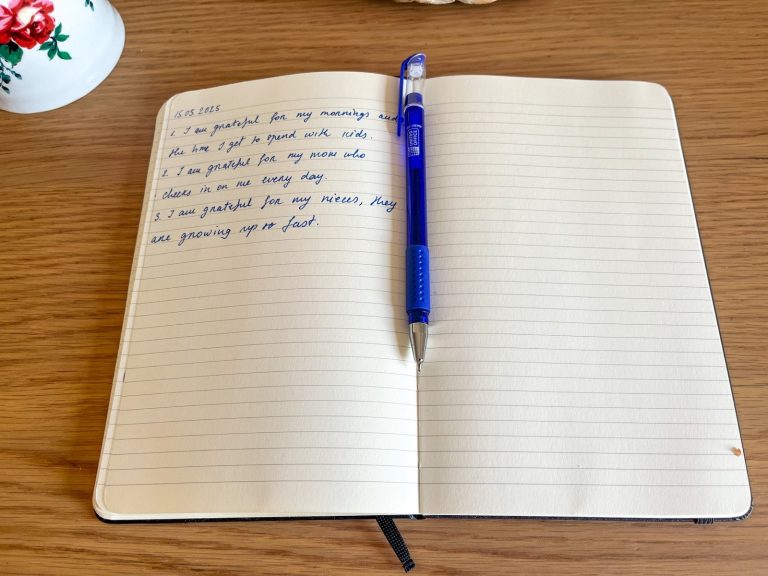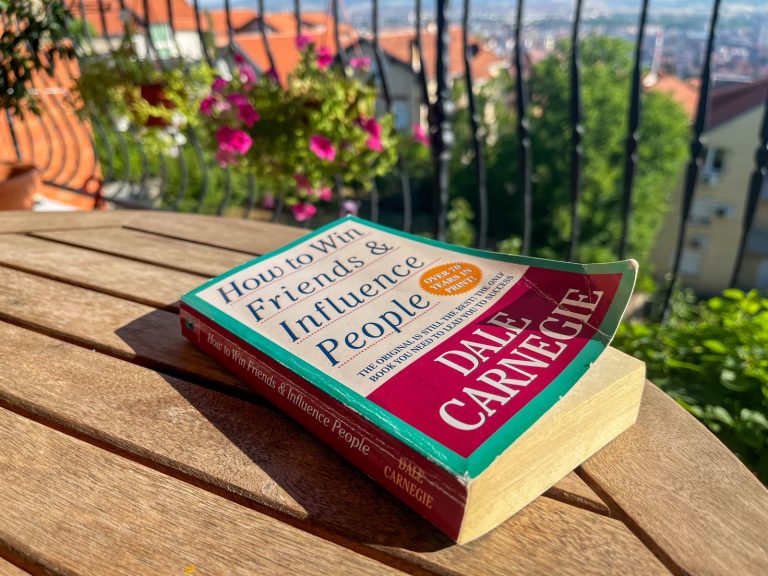How to stop procrastinating
How many times have you tried exercising and then failed after a few days or weeks? How many times have you told yourself you are going to start a new business, but then never got to it as you found various excuses?
How to stop talking about what you are going to do, and do it?
How to reduce the gap between an idea and a resolution?
Procrastination is the main cause of your lack of growth in life. By not dealing with problems you currently have, you are just making them bigger and bigger.
You are giving up control of your life and taking the role of a victim.
Every single one of us faces and will be faced with numerous difficulties throughout our lives.
The difference is how we look at and approach those problems. And true happiness lies in resolving them.
I was not a naturally proactive person. I was the one who constantly came up with excuses for why I didn’t get things done.
Change scared me. I relied too much on the opinions of other people.
I assume, as you are reading this post, that you are like me.
You have many ideas on what you would like to change in your life, but you are stuck with excuses.
I had a huge breakthrough this year in the way I approach life and problems, and I finally got unstuck.
All of a sudden, I am able to keep promises to myself and others. I am able to resolve long-standing issues with my fitness, health, and work.
This post is about what you need to change in order to get past this hurdle.
How to stop procrastinating and become a person who actively solves problems?
How to get unstuck?
Will a to-do list stop your procrastination?
Simply scheduling tasks will not make you stop procrastinating.
It is very likely that you do not even see or admit to having problems that you currently have.
You ignore them, blame others, and leave them unresolved.
Using a journal, getting up early, and affirming that you are efficient will also not work.
Because the problem lies deeply within you.
Within your way of thinking about problems.
And this way of thinking is so deep inside of you, as you have been repeating this same pattern for many years. Some people even from their childhood.
Break the habit of procrastinating

In the book 7 Habits of Highly Effective People, the writer says there are two types of people, reactive and proactive ones.
I quickly realized that I was in the reactive group.
Reactive people blame everyone else for their problems. They use reactive language, such as:
- If only I had more money
- I wish I had
- I wish I had enough time to exercise
- If only I lived in a bigger apartment
- I wish I could move
They never do anything because they believe that they are not responsible for the problem. Outside circumstances or people are to blame.
They find reasons and excuses why something cannot be done.
Proactive people, on the other hand, use proactive language:
- I will find a new job
- I will lose weight
- I will do my best to help my wife more
Reactive people are procrastinators. Their situation never changes because they do not take responsibility for resolving their issues.
You cannot change your circumstances, weather, or other people, but what you can change is yourself.
To break the habit of procrastinating, you need to change the way you approach problems in your life and your thought process.
As soon as you start thinking that you cannot do anything, that someone else is to blame, that you do not have time, stop yourself.
Recognize the pattern you have.
Correct yourself daily, as you will make mistakes every day and fall back on your old thoughts that feel safe. And that was a part of you for so many years.
Changing is not easy, but you need first to realize there is a problem.
Then work actively to solve it.
And actively correct yourself whenever you fall back to the old thought process.
The “Do something” principle
This phrase is from the book The Subtle Art of Not Giving a F#ck and it really resonated with me.
If you are stuck on a problem, do not just sit and look at it.
Start working on it.
Action is often the cause of motivation. Doing something motivates you to keep doing it. Even if you fail, failure pushes you forward.
Life is essentially just an endless series of problems. They never go away, they just improve.
And solving these problems is what makes you happy.
If you just ignore them or pretend you do not have any, your life will be miserable.
Work on things you have control over
You cannot control the weather, politics, or what other people do.
But you can control yourself.
So when you look at a problem, let’s say it’s a bad relationship with your brother, try thinking about what you can do to change that.
Blaming others is futile and will not give you any results.
You are just stuck in the endless loop of blaming.
When you change, there is a huge possibility that the other person will change too.
Do not be afraid of mistakes
Often, the reason we do not resolve problems and keep ignoring them is the fear of failure.
If I start a new job, what if I fail? What will others say?
These worries are deeply rooted in you, and they stop you from
Mistakes are bound to happen.
But you need to take a proactive approach to mistakes and not fear them.
The proactive approach to a mistake is to acknowledge it, correct it, and learn from it.
Never regret trying something out and failing. Only regret not learning anything from that experience.
You are responsible
Knowing you are responsible is the foundation of effectiveness.
If you start taking responsibility for your problems, you will resolve them.
Here are some common examples I too was guilty of:
I don’t have time to exercise.
I don’t have time to make homemade meals, so I often order food.
You do have time. You just need to prioritize it correctly.
Is there anything more important in your life than your health?
If there isn’t, then you are going to look at screen time closely and see how much time you spend daily on your phone/TV. You will take responsibility for that wasted time and use it to take a walk or do simple exercises.
And you are going to make simple homemade meals as a priority.
It’s not that you do not have time, you just do not feel like doing it. But in order to get past the procrastination, you need to take action.
When you start feeling better, you will have more motivation to keep going.
I have a bad relationship with my kid. She is a teen now and does not listen to me at all. There is nothing I can do.
If she isn’t listening to you, ask yourself: Are you truly listening to her? Teens often feel misunderstood, and one of the most powerful ways to rebuild trust is by being present and attentive.
Start small—dedicate time to her without distractions. Plan activities you can enjoy together, whether it’s cooking, watching a movie, or simply taking a walk.
During these moments, let her lead the conversation, and listen without judgment or interruption.
I shared the examples above just to show you that you always need to start from yourself and your own behavior.
Make and keep commitments
Our ability to make and keep commitments we make to ourselves and to others is the root of all effectiveness.
And it is the essence of our growth.
By making a promise and keeping it, or setting a goal and working on it, we begin to build trust within ourselves. We begin to build our integrity.
This gives us courage, strength, and self-control to accept more responsibility in our lives.
And little by little, our honor becomes bigger than our fears or moods.
Test this out for a month. Give yourself small commitments and keep them.
You will be surprised how much more effective you will be.
Conclusion
Overcoming procrastination begins with self-awareness.
Recognize the thought patterns that arise when you’re faced with a challenge.
Change starts within. Shift how you perceive problems and goals, and take deliberate steps toward action, even when it feels uncomfortable. Remember, action often precedes motivation, not the other way around.
By starting small and consistently doing, you’ll build momentum, and over time, the habit of action will replace the habit of delay.






